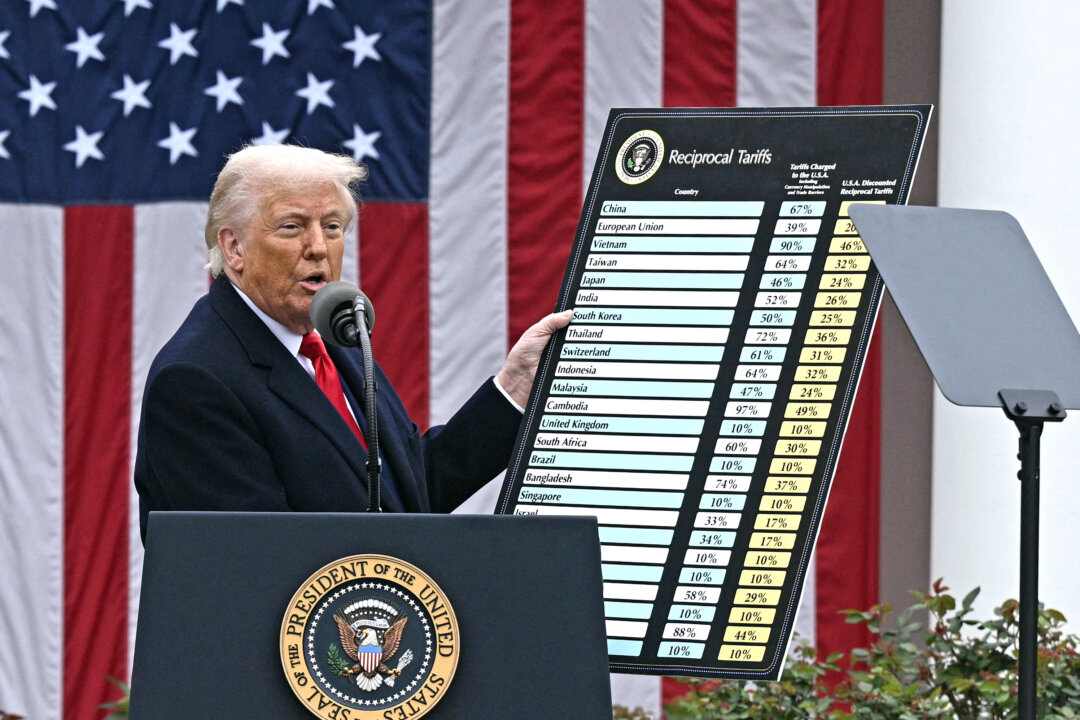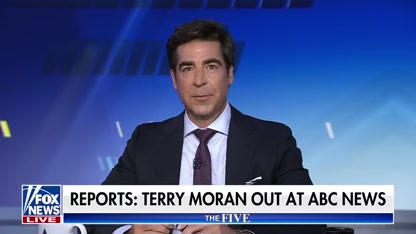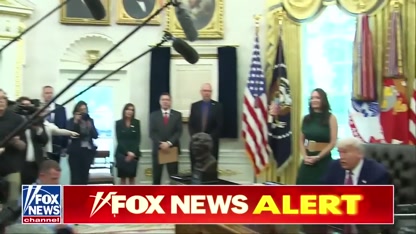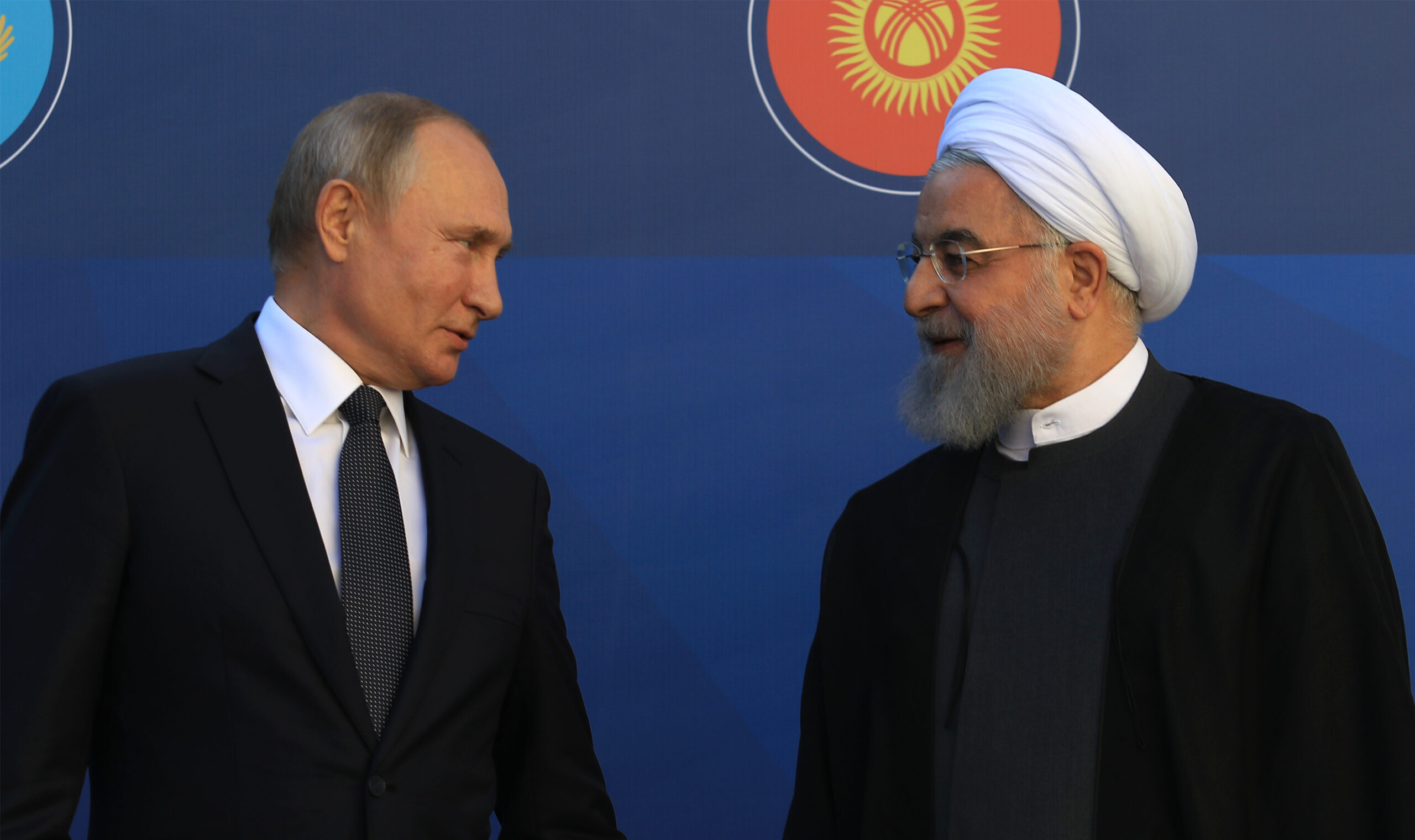
www.theamericanconservative.com
Why the Right Should Rethink Israel
Foreign Affairs
Why the Right Should Rethink Israel
Josh Paul, co-founder of A New Policy, sits down with The American Conservative.
Credit: NurPhoto/Getty Images
These days, many American conservatives would prefer their government stop doing whatever Israel wants.
That’s somewhat surprising. For decades, Israel has enjoyed intense bipartisan support, with Republicans being generally more supportive than Democrats. Yet at the grassroots, conservatives increasingly cast a critical eye over Israel, with half of Republicans under 50 now holding an unfavorable view of the country.
Among elites, high-profile MAGA conservatives don’t think being America First always means supporting Israel. The opinion-maker Tucker Carlson opposes going to war for Israel against Iran—and he’s been going to battle against pro-Israel conservatives like Mark Levin. Conservative influencer Charlie Kirk, who had been trending toward Christian Zionism, also resists the rush to war, and he helped kill a bill that would criminalize boycotts of the Jewish state. Rep. Marjorie Taylor Greene (R-GA), explaining last month why she would vote against that bill, wrote on X, “what I don’t understand is why we are voting on a bill on behalf of other countries.”
One person who does understand the reasons why is Josh Paul, who in October 2023 resigned from the State Department over America’s Gaza war policies—becoming the first Biden official to do so. For over 11 years, spanning administrations from both parties, Paul worked in the Bureau of Political-Military Affairs, the agency that tries to make sure America’s security partnerships advance its security interests. Paul says that the “Israel-First lobby” spends huge sums to elect candidates who will maintain unconditional U.S. support for Israel—and to punish politicians who won’t.
Paul doesn’t think America’s unconditional support for Israel is good for America, or, indeed, for Israel. So, last year he co-founded a lobbying group—A New Policy—to help disentangle America from its most conspicuous entangling alliance. On Monday, I talked to Paul about A New Policy, the Gaza war, and differences between President Joe Biden and President Donald Trump. A lifelong registered independent and self-described “proud gun-owner,” Paul also told me why conservatives should be wary of America’s ironclad commitment to Israel.
You resigned from your post over the Gaza war. I was surprised to learn that you did so on October 17, 2023, just 10 days after Hamas’s atrocities. Israel hadn’t even launched its large-scale ground invasion by that point. What was it about White House policy that convinced you so early on that you could no longer serve?
I’d been working in the Bureau of Political-Military Affairs in the State Department for about 11 and a half years. That’s the part of the U.S. government that is responsible for global security assistance and arms transfers.
A lot of people seem to think that that function is performed by the Defense Department, but it’s actually performed by the State Department, because arms transfers and security cooperation are ultimately a tool of foreign policy. They are a mechanism for exerting U.S. influence, for building U.S. leverage, and for strengthening our partnerships around the world. In that job, I dealt with difficult and complex questions pertaining to a number of U.S. partners. It’s no secret that as a function of being a great power, as a function of realpolitik, the U.S. works with a number of countries around the world who don’t always have great human rights records and who don’t always take actions that are in our American interest or, very often, in their own interest.
But even prior to October 2023, it was very clear to me that Israel was treated differently than all the other countries. There was always space for discussion and debate about some of the tough choices we made when it came to countries like the Philippines or Saudi Arabia. But when it came to Israel, there was never a senior official who was willing to have the debate and discussion. There were different processes in place for reviewing arms transfers, for reviewing security assistance under U.S. law. There had always been a double standard.
At the same time, there had been—in 2009, 2014, and 2021—clashes between Israel and Hamas, and we’d seen thousands of Palestinians killed. So, it was very clear to me immediately after Hamas’s atrocities, after its terrorist attack on October 7, that Israel’s response would be of the same kind….
The argument I made within the State Department was, before we start flowing arms to Israel, let’s just pause for a second. Because first of all, something isn’t working here. The purpose of the policy is to make Israel secure. That’s clearly not happening. What we saw on October 7 was not a country that is safe and secure. So, let’s ask ourselves, first of all, why our decades of security assistance haven’t led to that result?
And second, we know that thousands of civilians are going to be killed, and is that really in our interest? Is that really in Israel’s interest? Is that really going to make peace or stability come to the region any faster? There was no interest in having those discussions.
At the same time, the bombs were raining down on Gaza. And the arms transfer process was flipped on its head. Normally, it is a bottom-up process in which a country comes in and makes a request and people at various policy levels look at it and ask: Is this in America’s economic interest? What are the human rights implications? What are the regional balance implications? In this case, it was flipped. We were being told by the secretary of state, “You will approve these cases.” It was a top-down approval process rather than bottom-up.
And by October 17, when I submitted my resignation, there were already 3,500 people who had been killed in Gaza. The vast majority of them—or all of them, I think, at that point—with American weapons, weapons that we were providing to Israel. And there was still absolutely no interest or inclination to discuss whether we should change the policy. And for that matter, nor was there really for the duration of the Biden administration.
You mentioned that the U.S. treats Israel differently than it does other allies. What explains the intense, bipartisan, unconditional support for Israel?
I think two things explain it. The first is cultural and historical. Israel was an important partner during the Cold War. It comes with this very compelling story of a return to Zion, which I think is a very moving story, as well as having this reputation that it has built itself of being a scrappy fighter, you know, David versus Goliath.
I think what we have seen, especially in the last couple of years but really for longer than that, should draw that David versus Goliath story in particular into question, when we look at how Israel has responded to the Palestinian identity and Palestinians’ own drive for self-determination.
So I think one part of it is the narrative, and the other part is, frankly, the role in American politics of what I would call the Israel-First lobby, groups that are spending an immense amount of money in our election process—$100 million dollars, for example, by AIPAC alone in the last election cycle—to not only elect U.S. officials to Congress who are going to take their line, but also to wave a stick, to punish those who are not.
And in the last couple of years, I’ve had a number of conversations in Congress with elected officials on both sides of the aisle and their staffs who will say, “This is messed up. This is not in our interest. We are violating our own laws in providing some of this military support. But I can’t say that publicly. Because if I say that publicly, I will lose my job (if they’re a staffer). I will get primaried. I will lose my donor support.”
And I think that’s a problem. It’s the tail wagging the dog. And it’s exactly, I think, what President Thomas Jefferson in his [inaugural] address was speaking about when he said that the United States should have friendship and commerce with all, but entangling alliances with none. And this has become an entangling alliance. As soon as we say that we provide unconditional support—and this is a line that Republicans and Democrats alike have used for decades—we are essentially putting Israel’s actions above our own national self-interest. Because if our support is unconditional, if Israel can do anything it wants and we will still continue to provide the military support, then we’ve lost that leverage, that influence that is exactly the point of the security assistance and the arms transfers.
President Donald Trump brings a transactional orientation to foreign policy. And in his rhetoric, at least, he opposes the idea of permanent alliances and indeed permanent enmities. How do you think Trump compares to Biden on the U.S.-Israel relationship and the Gaza war?
A couple of things: First of all, I would say that the main difference between President Trump and President Biden, and you’ve touched on it already, is that Biden came to this issue in particular with an ideological perspective. As a young politician he had become impressed by then–Israeli prime minister Golda Meir, and he had this sense that this was not just a question of policy, this was ideological for him.
Whereas, as you said, President Trump is more transactional; he is both looking for the art of the deal and also looking out for what is in America’s interest. And he has certainly deviated from that unconditional support in the sense that, at least outside of the context of the Israeli–Palestinian conflict, he has sometimes left Prime Minister [Benjamin] Netanyahu on more of a limb than President Biden did. Syria is a good example of that. Netanyahu was pressing for the United States not to lift sanctions on Syria, not to work with the new Syrian government, yet President Trump met with the new Syrian leader.
At the same time, I think the problem that we have in our relationship with Israel goes much deeper into the bureaucracy and into American politics than any one president can really address or resolve. The president has an immense amount of power, but he can’t do everything. He can’t touch everything.
And in the meantime, as a senior Democratic staffer said to me just last week, the system works on inertia. It has been told for decades that this is what you will do, and these are the things you will say. You will continue to provide the arms. You will continue to provide the funding. And you will say that our support for Israel is ironclad. And until President Trump puts his finger on each of those spigots, they will continue to flow.
A really interesting test of this will come in the next year or so, because the way it works, the United States gives Israel $3.3 billion a year in foreign military financing. In 2023 and 2024, actually, $17.9 billion was appropriated by Congress for Israeli defense. But in a typical year, it’s $3.3 billion, and that’s under a 10-year memorandum of understanding.
That MOU is due to expire in a few years and to be renegotiated in 2026. And Israel is coming in asking for a significant increase, to $5 billion dollars or more a year.
And I think that will be an interesting test because we will see President Trump’s desire to reduce U.S. spending come up against these demands from Israel for more money.
Criticism of Israel and opposition to the Gaza war are generally coded as left-wing or liberal in American political discourse. But your view is that all Americans, including conservatives, should rethink the U.S.-Israel relationship and American support for Israel’s military campaign in Gaza. How should conservatives think about these matters?
I think there are two important columns to think about here. The first is, what does conservatism mean, and what does it mean particularly in the realpolitik sense and in the world in which we live? And second, how does our relationship with Israel reflect that?
So, for example, when we are pulled into repeated regional conflicts, when we have our military deploying repeatedly to the Middle East, in many cases to provide security to Israel because of the actions Israel is taking that are creating instability in the region, that is a distraction from our broader national objectives. It is also something that runs counter to the isolationism, or at least the lack of desire to become embroiled in unnecessary foreign wars, that is inherent in conservatism.
I think that we all recognize that America will defend itself and should defend itself when it has to. But that is not necessarily what is happening here.
So, for example, I think most people would agree that the major threat we face today is the People’s Republic of China and its expansionism in the Indo-Pacific. And yet, there have been several occasions in the last couple of years in which America has had not a single carrier strike group in the Indo-Pacific because we’ve had to keep sending them to the Red Sea and the Mediterranean to provide deterrence for Israel, to provide missile defense for Israel.
We’ve also, of course, deployed forces on the ground to man missile defense batteries, and we lost three U.S. Army soldiers in Jordan in January 2024, who were there on a mission to intercept weaponry that was coming from Iran to Syria to be used by Hezbollah against Israel. So there is a strain on the force.
There is also this, again, sense of an entangling alliance that is a distraction from what our true national security objectives and priorities should be. And then there is also the domestic aspect as well, in which you can certainly make the argument that many of our laws that apply to security assistance are not being applied to Israel. In fact, they are being sidestepped.
There is also, of course, the argument on the authorization for the use of force, the AUMF. To what extent should the U.S. be pulled into this sort of quagmire without congressional consent, without a vote? Should we be deploying these forces for these purposes? And what is happening in our elections and in our democracy that is facilitating this?
We have seen an increasing number of members of Congress, still a small number, but including Republicans, who have been saying, “These pressures do not line up. This is not why I ran for office. I didn’t run for office to vote on a single issue, to provide American taxpayer funding, at a time when it is so desperately needed here at home, to a foreign country to fight its wars….”
Your new lobbying group is called A New Policy, and it advocates for transforming American foreign policy toward Israel-Palestine. Can you talk about what your group does and the nature of this “new policy” that it’s advocating for?
We start from the premise that what we face here is a policy failing, but it’s also a political failing. It’s a policy failure in the sense that it has become a drain on our national power and on our resources.
But the cause of that failure is ultimately political, because money is being pushed into American politics to essentially keep us locked in, to keep us tied down in this unconditional military support.
So, the answer can’t just be better policy prescriptions. It has to be fighting those political battles as well. For example, going to members of Congress, the same members who, behind closed doors, will say, “This doesn’t make sense, we shouldn’t be doing this,” and say to them, “What would it take for you to be able to vote your conscience, as indeed you should?”
And that means bringing together millions of Americans across the country from all different backgrounds to raise this issue, so that it is an important issue for them both during the course of the year and when they vote.
And on the campaign finance side, it means supporting candidates who are willing to vote their conscience and vote what they know to be in America’s interest.
People have said to me, “Well, you’re never going to be able to throw $100 million dollars into an election cycle.” And I think the answer is: You don’t have to. I don’t think a group that is spending $100 million dollars in an election cycle to make America work against its own interest is a group that is winning. And I think it probably costs significantly less to get America to actually work in its own interest.
So that is what we are about. We’re about building a nationwide movement that we can channel into politics in a way that American politics right now is designed to respond to.
This interview transcript has been condensed and lightly edited for clarity and readability.
The post Why the Right Should Rethink Israel appeared first on The American Conservative.
















 Rumble
Rumble
